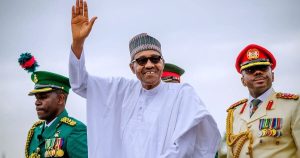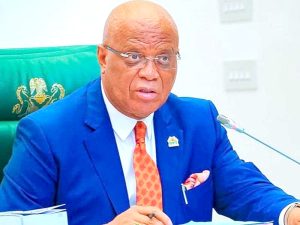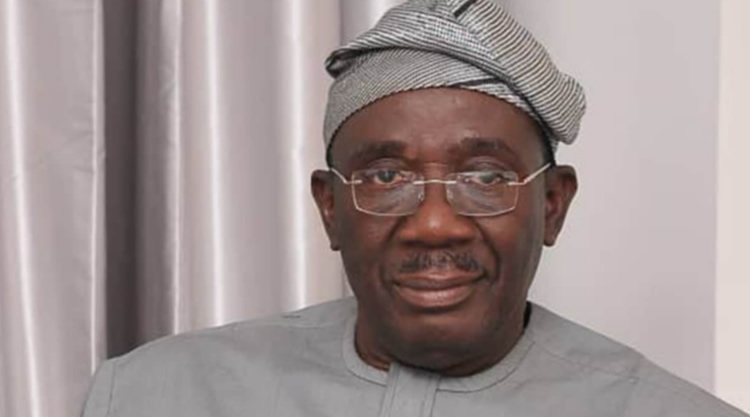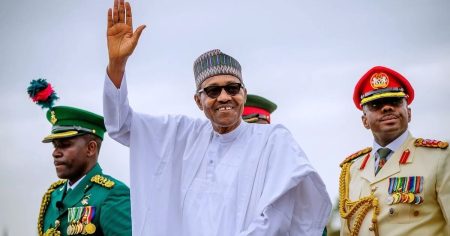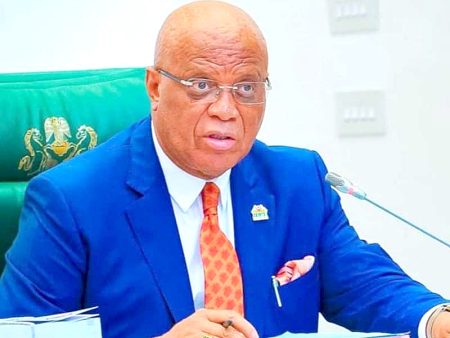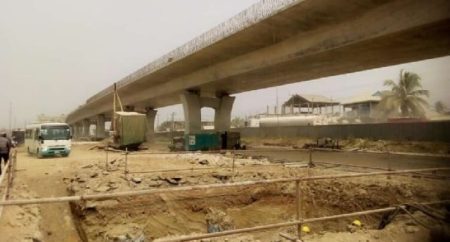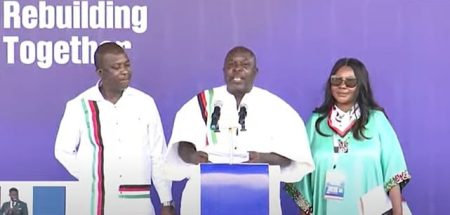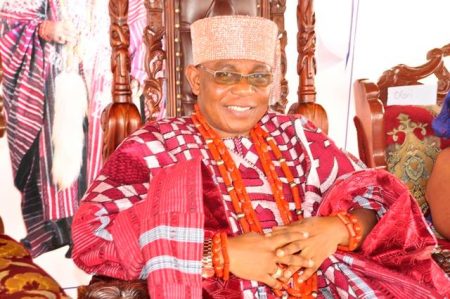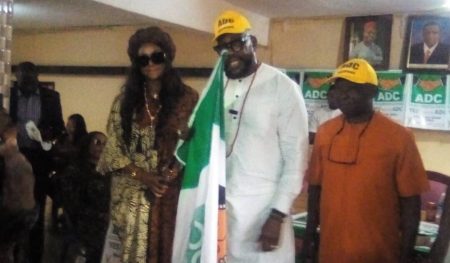The Departures of Senators Fadahunsi and Fadeyi: A Ripple in Osun PDP’s Waters
The political landscape of Osun State experienced a subtle shift with the announced resignations of Senators Francis Fadahunsi (Osun East) and Olubiyi Fadeyi (Osun Central) from the Peoples Democratic Party (PDP). Their departures, while generating some buzz, were met with a measured response from the state chapter of the party, which publicly downplayed the significance of the move. Both senators cited internal strife and ongoing legal battles within the PDP as primary reasons for their decisions, painting a picture of a party grappling with internal divisions. While the resignations represent a loss of experienced political figures, the Osun PDP has projected an air of confidence, suggesting that the party’s foundation remains strong despite these departures.
The resignations of Senators Fadahunsi and Fadeyi followed a similar pattern, both expressing discontent with the internal conflicts plaguing the PDP. Fadahunsi, a two-term senator, pointed to “irreparable, irreconcilable differences and protracted legal battles” within the party, particularly after the 2023 general elections. He emphasized that his decision was made after extensive consultations with his political associates, family, and friends. Similarly, Fadeyi cited “irreconcilable differences and irreparable division” alongside the ongoing legal battles that have fractured the party at the national level. He also stated that he engaged in consultations with his constituents and political network before reaching his decision. The senators’ shared rationale suggests a deeper, systemic issue within the PDP, potentially impacting more than just these two individuals.
The Osun PDP, through its spokesperson Oladele Bamiji, responded to the resignations with an air of nonchalance. While acknowledging that the party would have preferred prior consultation, Bamiji emphasized the senators’ right to choose their political affiliations. He stated that the PDP respected their decisions and harbored no ill will towards them. This measured response can be interpreted in several ways. It could be a genuine reflection of the party’s confidence in its ability to weather these resignations, or a strategic communication tactic aimed at minimizing the perceived damage. The underlying message, however, is clear: the Osun PDP is projecting an image of stability and resilience in the face of these departures.
The resignations of Senators Fadahunsi and Fadeyi raise several questions about the future of the PDP in Osun State. Will these departures trigger a domino effect, with other members choosing to leave the party? Or will the PDP successfully consolidate its ranks and emerge stronger from this challenge? The party’s response suggests a belief in the latter scenario. By downplaying the significance of the resignations, the Osun PDP is attempting to project an image of business as usual. Whether this strategy will be successful remains to be seen.
The impact of these resignations extends beyond the PDP itself. The political landscape of Osun State is likely to be affected by the shifting alliances and potential realignments that may follow. The senators’ next political moves will be closely watched, as they could influence the balance of power in the state. Furthermore, these resignations could serve as a barometer for the broader health of the PDP at the national level. The issues cited by the senators – internal strife and legal battles – are not unique to Osun State, and may be indicative of deeper challenges facing the party across the country.
In conclusion, the resignations of Senators Fadahunsi and Fadeyi represent a notable development in Osun State politics. While the Osun PDP has downplayed the significance of these departures, the long-term implications remain to be seen. The party’s ability to navigate this challenge and maintain its stability will be crucial for its future prospects in the state. The political trajectories of the departing senators will also be important to follow, as they may reshape the political landscape and potentially influence the dynamics of future elections in Osun State. The overall situation underscores the fluid and ever-evolving nature of the political scene, where alliances can shift and loyalties can be tested.


